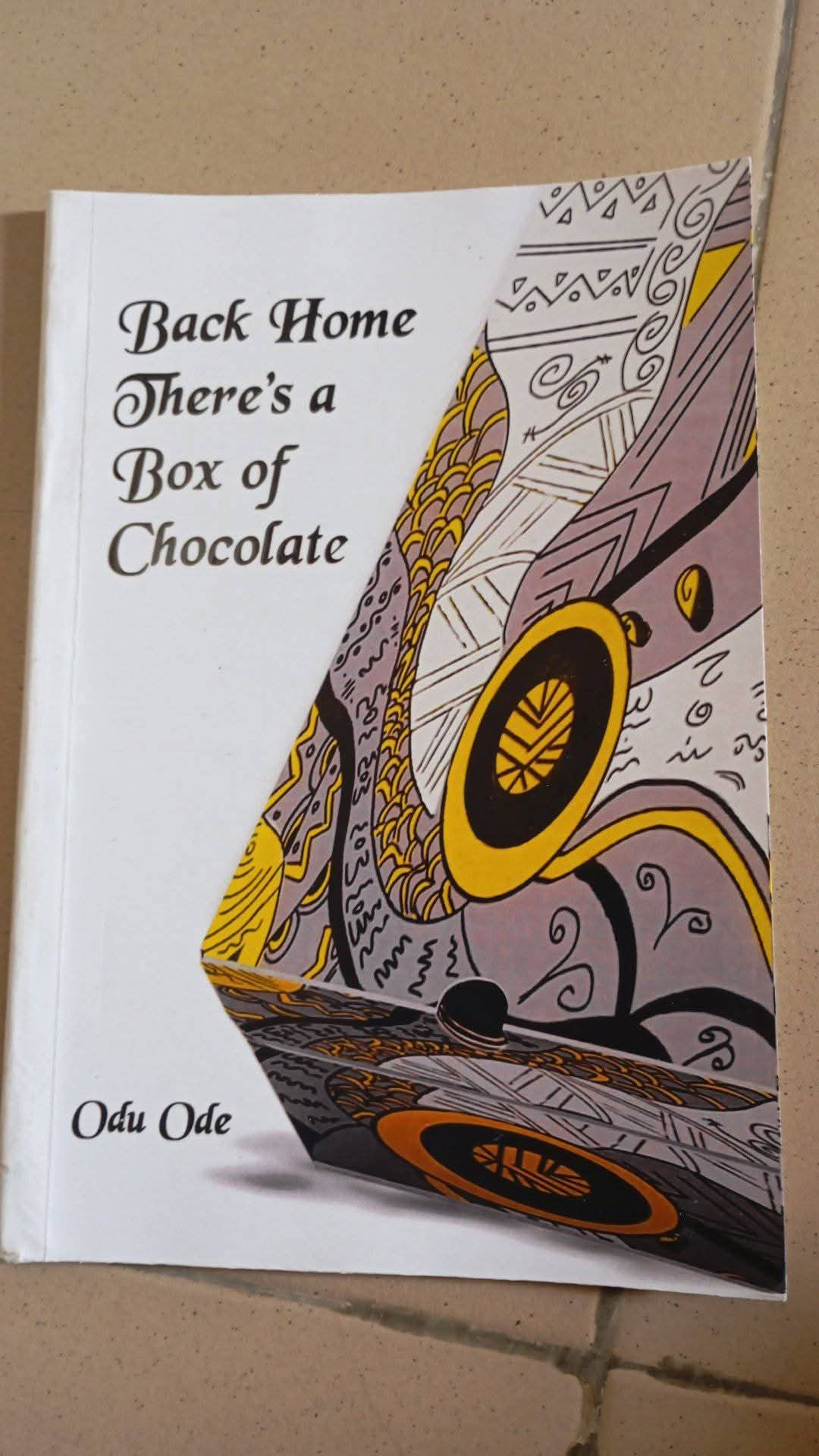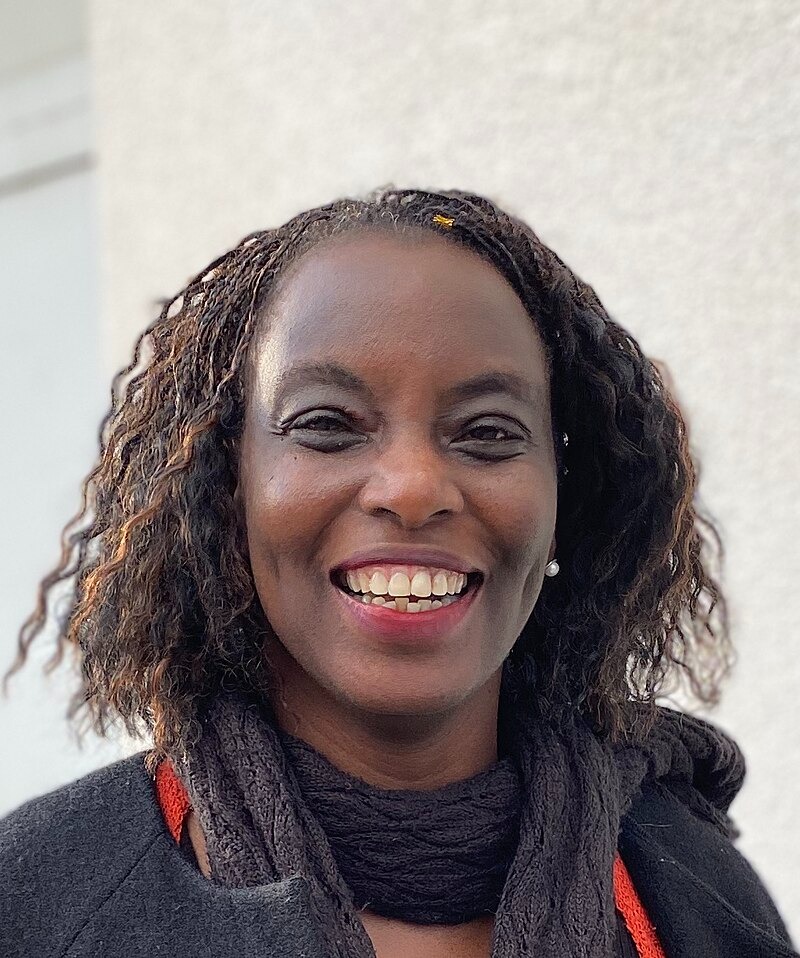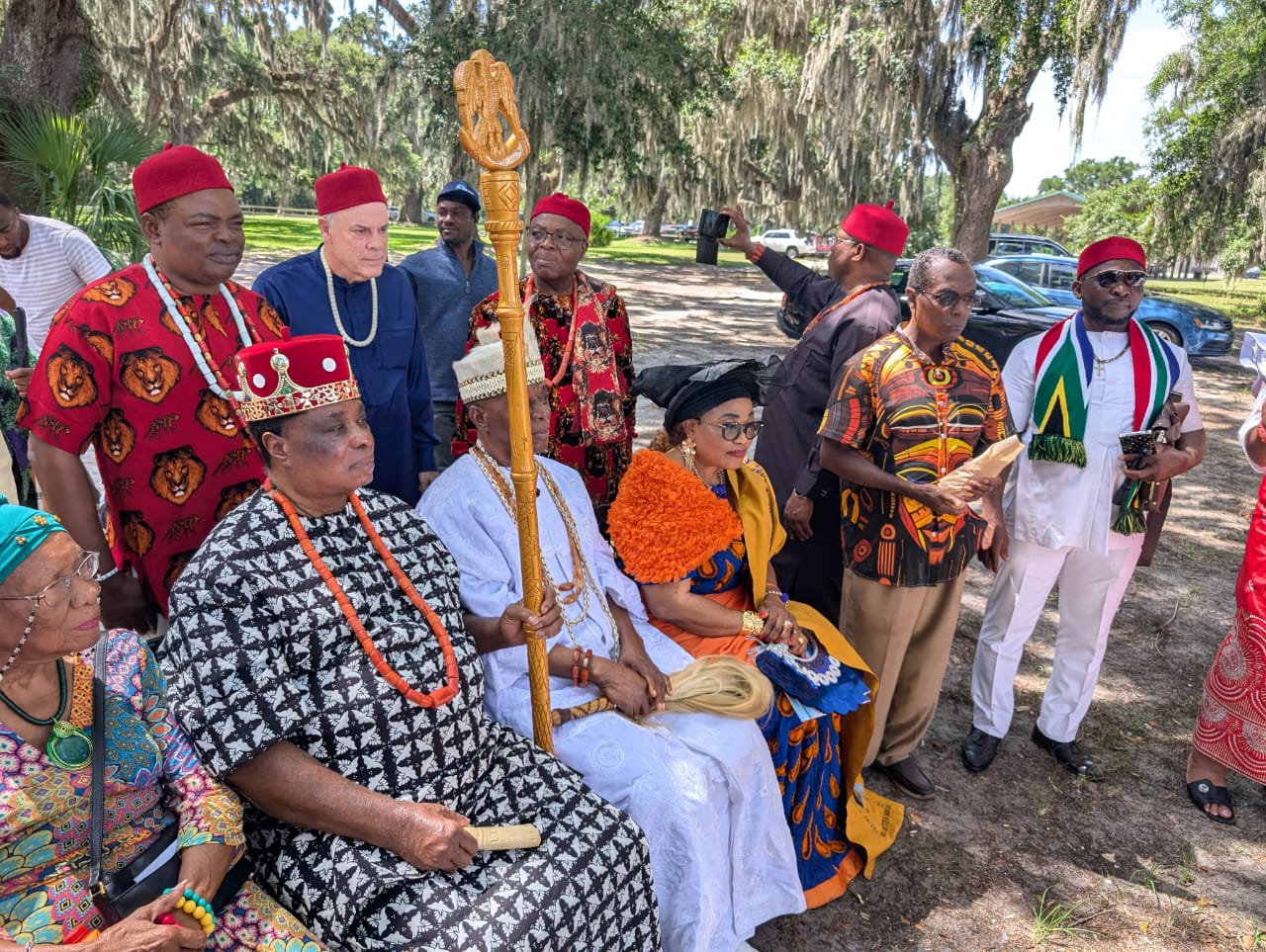Grief and escapism in Odu Ode’s ‘Back Home: There is a Box oc Chocolate’

By Busayo Fakunle
IT is unarguably believed that life is a coin –seasonal (bright and dull) and that humans are prone to experiencing both sides of the coin in the course of existence. This overrides the popular aphorism that life is (only) good especially for one who had had a basketful taste of grief. This piece explores the existence of joy in sadness; the concepts of grief and escapism in Odu Ode’s 94 pages poetry chapbook, Back Home: There Is a Box of Chocolate which is divided into two sections. It ascertains that human’s state of mind is situational and time bound and that writing is partially a means to healing; a walk away from grief.
Writing like reading is a difficult task. It is likely more difficult when writing creatively but it comes with great benefits as it is more than a mere way of expressing thoughts and emotions, also a sure route to surviving a wide range of psychoneurotic issues, to include grief, desertion, loss etc. Thus, for some literary minded, rather than see a therapist first, find writing as best companion when they feel stuck in a rut, down in the dumps, or when unimaginable hard time knocks, etc. For such creative persons, getting healed begins with art. But then, one doesn’t have to be artistic or possess special creative talent before finding healing in writing.
Healing involves processes but can start with writing. The clear point here is that writing is one of the escape routes from grief and Ode perfectly makes it clear in his poetry chapbook. People do different things when troubled but it has to be said that though it is difficult adapting to loss, it is of course healthy to grief carefully when bereaved.
Grief is a natural response to loss but shouldn’t be made complicated by avoiding help if need be, because prolonged grief leads to being judgmental –thinking such loss or death shouldn’t have happened in the way it did etc. and this reflects in some parts of the poetry chapbook.
Expressing grief through poetry can be overwhelmingly challenging as one is cut in between marrying emotional suffering with poetic scrutiny/exercise. It becomes complex when such writing is associated with the death of a loved one –which is the most intense type of grief. Here in the book, it is the death of the poet’s mother. Ode poetically narrates how coming to the reality of a loss can be heartbreaking.

In the chapbook, the poet affirms that grieving is highly an individual experience and largely depends on many factors including closeness with the lost loved one, faith among many others. In the chapbook which is dedicated to the poet’s mother, Ode acknowledges the close relationship that existed between him and his mother, the precious memories he shared and how painful losing her is. He describes death:
‘& death is onion & death is garlic/ & death is the pot that fries.’
A noticeable observation in Ode’s diction is the strange deep description of grief using captivating images, loving simile and wry irony as he carefully takes one on a journey of pains, experienced by his mother before death comes.
‘… mum’s voice carries the stench of death…/ death loiters/… death hovers like an eagle/ waiting for a prey to miss-walk.’
But then, aren’t we all preys that will miss-walk one day? Will death not one day kill all? Wait, does death kill or take away? Either way, something must kill a man. And when death happens to a loved one, ‘the room is sturdy with emptiness’, and ‘home will not be home again’. What remains are ‘blocks of sorrows’ & memories of both joy and sadness.
The third poem in the chapbook is filled with rhetorical questions which take one to another level of grief that the poet experiences which are undeniable at that stage. Ode doesn’t only question death, tells it that it visits untimely, but also expresses his unhappiness to his mother for leaving when still unripe.
‘Where do…/how do…?/ What should we…?/ How do you say goodnight here/ when none is ready to bid you farewell.’
However, when is death timely? Is there any such thing like untimely death?
Starting from the sixth poem, there seems to be a subtle change of mood –a submission to destiny. The poet embraces the reality of (an avoidable) loss, accepts fate and begins to summon courage to living with grief. This is evident when he asks; ‘how do I inherit these pains?’
Funnily, while taking solace in his personal grief, the poet uses parts of the second part of the chapbook lettered a-m to reflect on the ineptitudes of our country’s (Nigeria) leaders -looters of our common national purse, the wickedness that live in their hearts, and how degenerated things have become. He states clearly that:
‘Our country has outgrown progress/ Let’s pray for ourselves instead.’
But the truth is do we still need prayers? Haven’t we prayed enough, even for ourselves? Are we not the most religious on Earth?
Mosques and Churches litter everywhere, yet the society stinks of corruption, moral decadence, injustices and inhumane acts. There is war everywhere and ‘…our country is a grave/ For barns are small huts of bones’.
It is saddening that we have all memorized ‘hymns of war’, learnt ‘how to sing dirges’ and we are citizens of a sick country, ‘dangling like a dead leaf.
The poet through the book asserts that there are normal reactions to loss but the significant of a loss determines how intense the grief will be.
For Ode, the death of one’s mother is a big loss and that one needn’t be ashamed expressing (grieving) such a loss in one’s way as there’s no defined way of grieving.
The poet chooses to grief poetically and has found writing as a means to healing himself and escaping from the claws of death.
Also the arrangement of the poems somehow shows how the poet goes through the different phases of grief –from self-denial, anger, depression to accepting what has happened.
In all, Ode in Back Home: There Is a Box of Chocolate believes that grief is a form of love but losing hope while grieving is unhealthy.
* Fakunle, phonics instructor, poet,culture reviewer, children’s wuthor, broadcast journalist, publisher, is a Fellow of Ebedi International Writers Residency, Fellow of Imodoye Writers Enclave and Secretary of Association of Nigerian Authors (ANA), Oyo State Chapter




